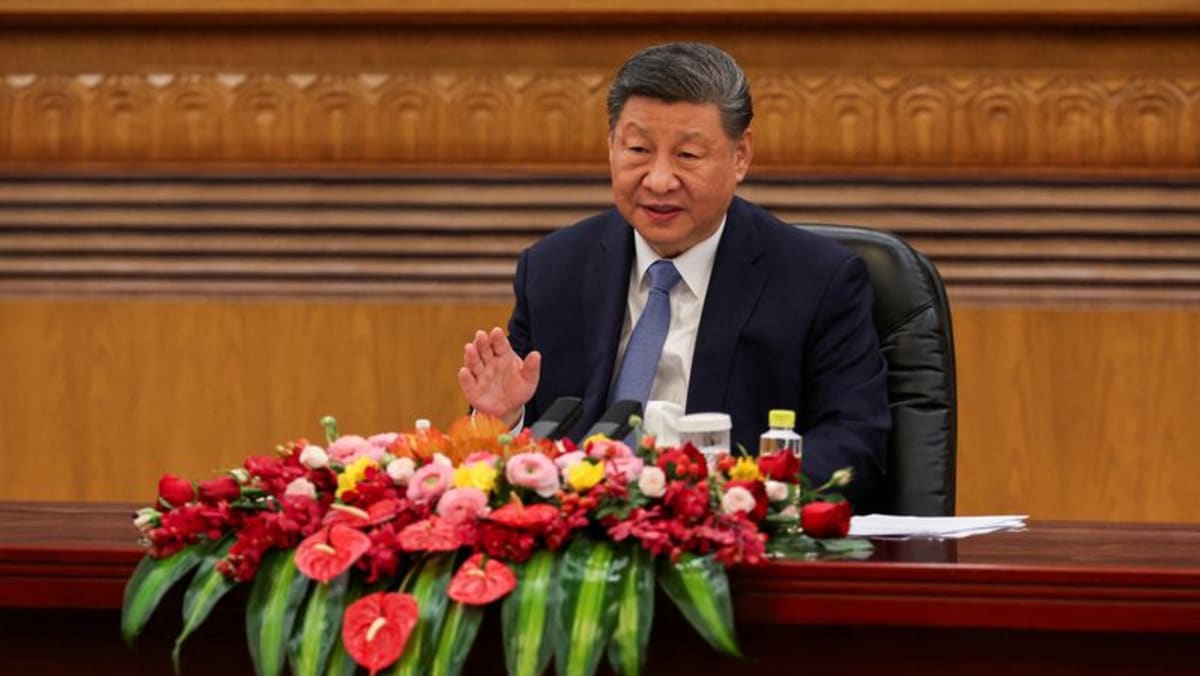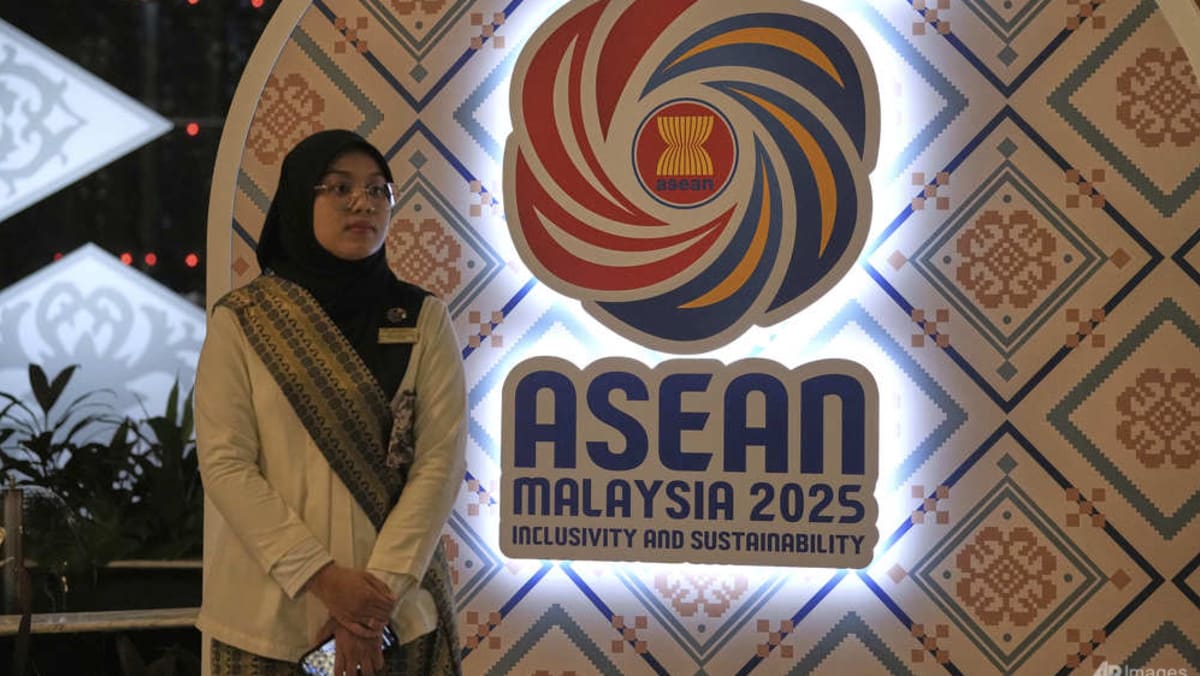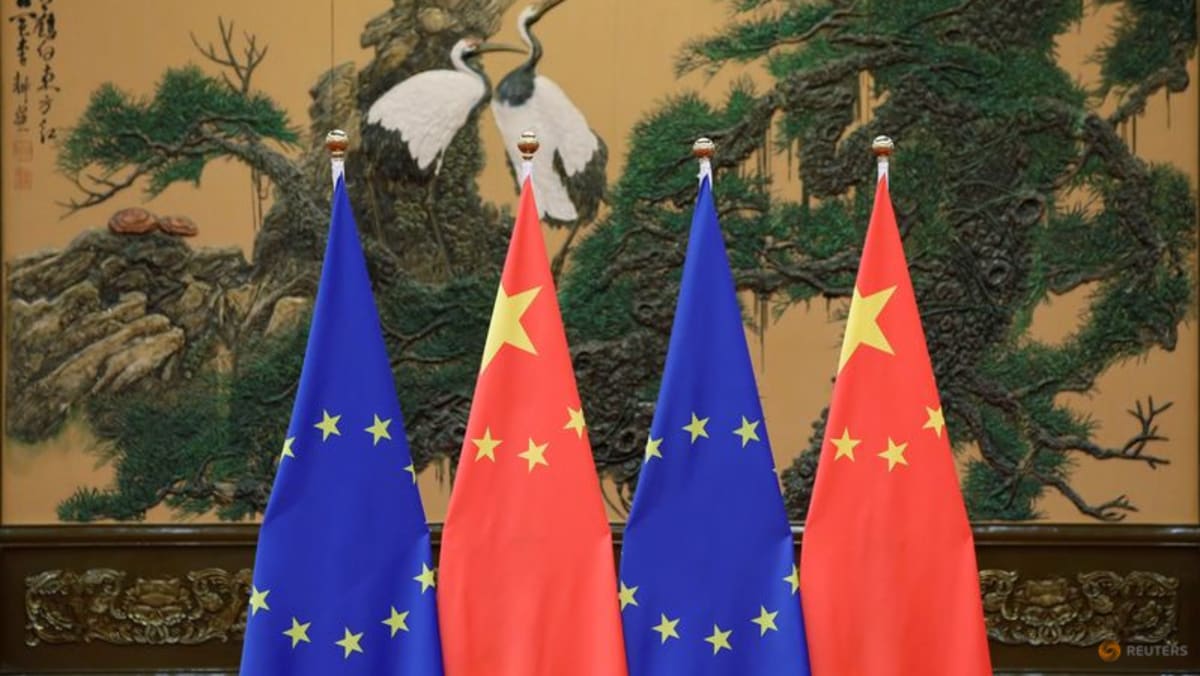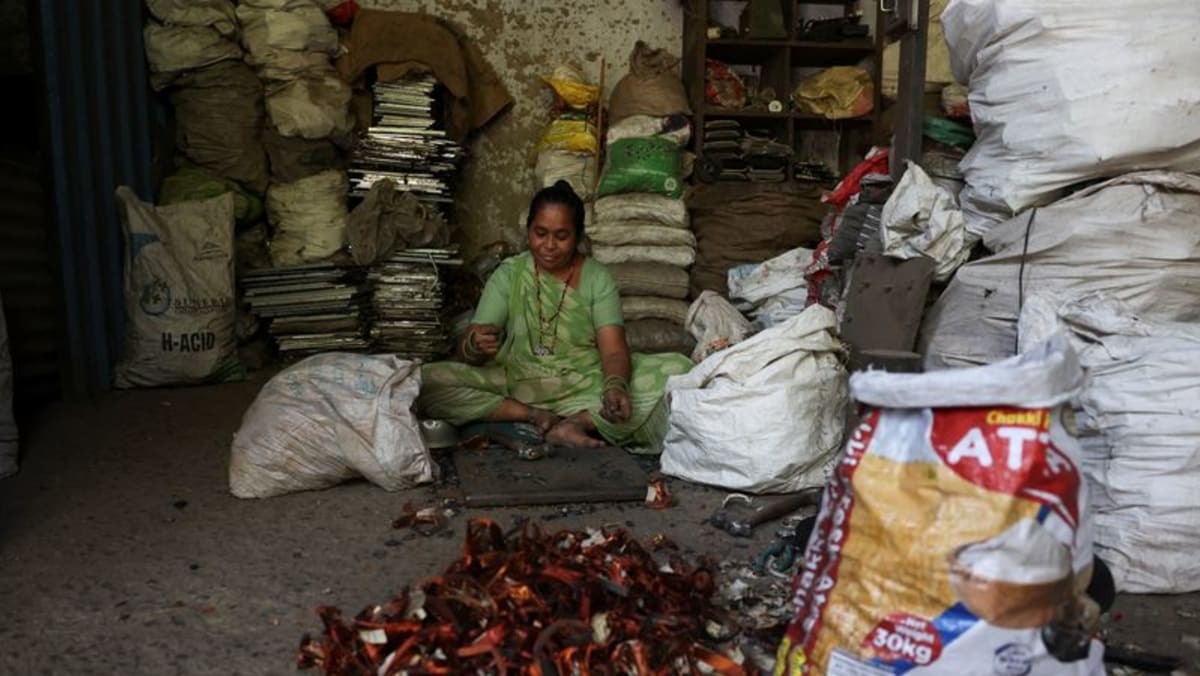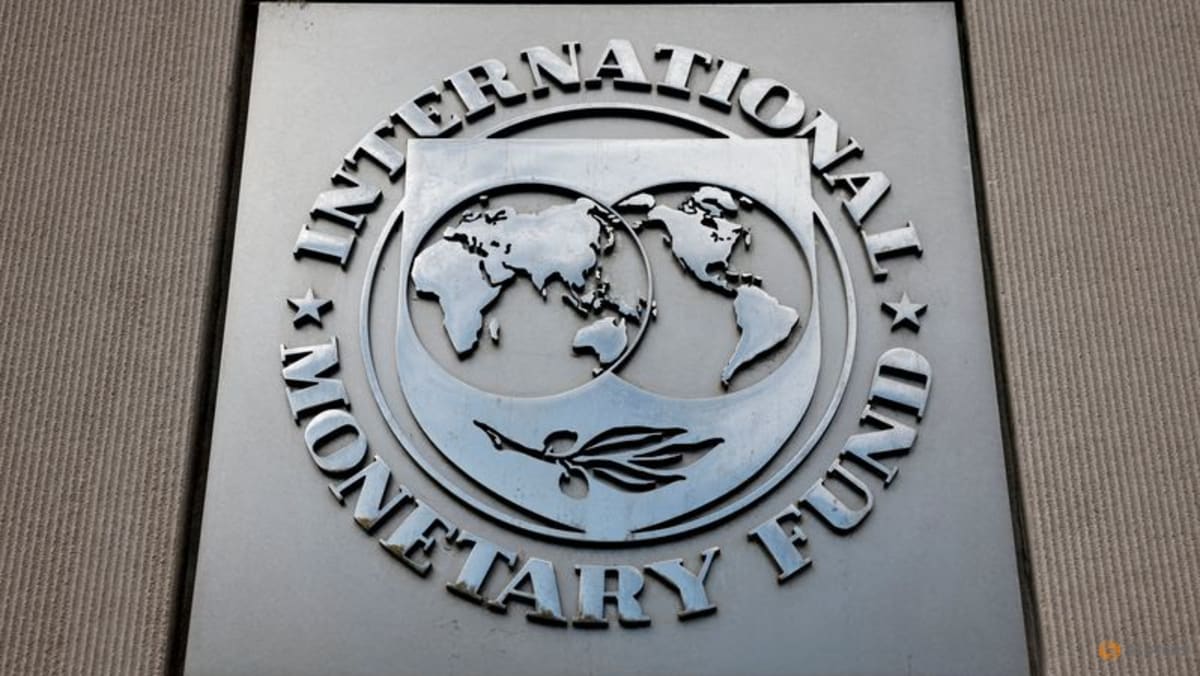Prabowo eyes ‘fish milk’ for Indonesia’s free meals scheme, but some experts aren’t biting
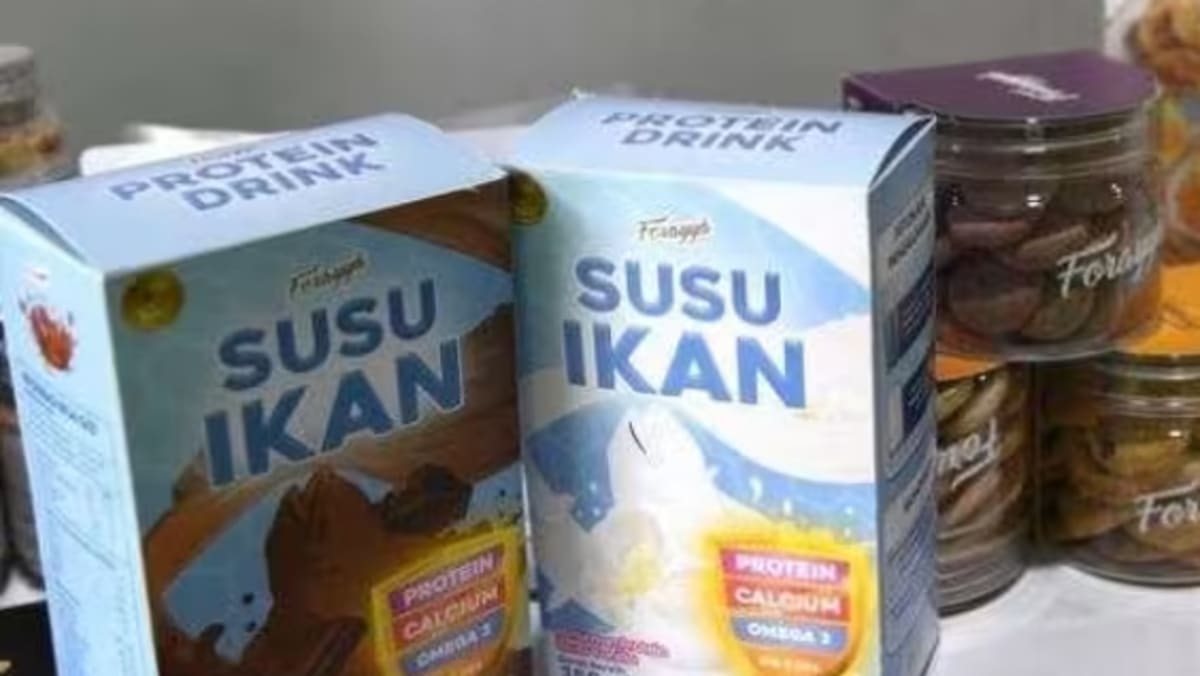
HEALTH BENEFITS OR GIMMICK?
Ms Puji Lestari, an agricultural expert at the National Research and Innovation Agency, said the product has certain health benefits over cow’s milk.
“The advantage compared to regular cow’s milk is that it does not contain allergens if you are allergic to lactose. So, it is safe for people with lactose intolerance, because fish does not contain lactose,” Ms Puji told the Antara news agency on Wednesday (Sep 11).
According to Ms Puji, “fish milk” has both essential and nonessential amino acids, as well as peptides that are great for the body’s immunity. It is easy on the digestive system and if made from fatty fish, the product will contain omega-3 fatty acids.
“I do admit that the term ‘milk’ might not be right. But considering its health benefits and its enormous potential to be developed in Indonesia as a maritime country, this product can be a diversification of protein-rich products to replace cow’s milk,” Ms Puji said.
She added: “Especially since we still cannot produce enough cow’s milk domestically.”
An expert from the Department of Community Nutrition at IPB University, Professor Hardinsyah, who like many Indonesians goes by one name, said the definition of “milk” should be clarified.
“So, ‘fish milk’ is more appropriately called ‘fish extract’ or ‘analogue fish milk’,” said Prof Hardinsyah on Wednesday, as quoted by Kompas.
“Milk fish” producer Berikan Protein Initiative’s CEO Maqbulatin Nuha on Tuesday said the nutritional content of one glass of fish milk is equivalent to two glasses of cow’s milk, as reported by local media outlet Tribun.
But Prof Hardinsyah, who is also chief of the Association of Indonesian Higher-Education Institutions for Nutrition, said that while the product’s macronutrients may be able to replace the macronutrients found in cow’s milk, its micronutrient content may be different.
Macronutrients are nutrients needed in larger quantities, such as fat, protein and carbohydrates. Micronutrients are mostly vitamins and minerals, and are generally consumed in very small amounts.
A clinical specialist for nutrition at Cipto Mangunkusumo General Hospital, which is also the University of Indonesia’s Faculty of Medicine, Nurul Ratna Mutu Manikam, said that milk is only complementary to one’s nutritional intake.
A balanced nutritional intake obtained from direct consumption of animal protein from whole foods such as chicken, beef and egg, is more effective and practical to meet children’s nutrition needs, she added.
Prof Hardinsyah questioned the sustainability of fish extract products as a lot of fish are needed to produce the required amount of fish extract.
“It should not be the case that because a lot of fish are used, the price of fish in the market is affected. If the price of fish becomes expensive, it will reduce people’s purchasing power such that fish consumption will also decrease in the community,” he said.
“Consuming fish directly as a whole is also better and more practical than having to be processed into milk,” said Dr Nurul, as reported by Kompas on Wednesday.
The latest controversy has cast doubt on the viability of the free meals programme.
“I’d respect it if they admit their planning mistake, rather than trying to salvage the programme by hook or by crook and making it look really forced – with all the talk of milk, eggs, fish milk – maybe tomorrow tadpole chips,” quipped X user @catlover17081.
A politician from Mr Prabowo’s Gerindra party, Deputy Speaker of the House of Representatives Sufmi Dasco Ahmad said that replacing cow’s milk with “fish milk” was an idea that came from the ground up, adding that the policy is still in the trial stage.
“So, these alternatives are aspirations from the community or the results of existing trials that are not final,” said Mr Dasco on Thursday.
Source: CNA


